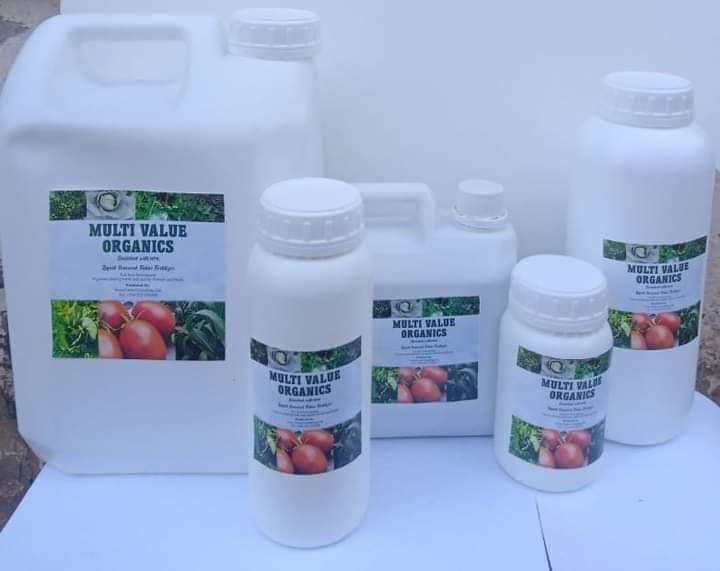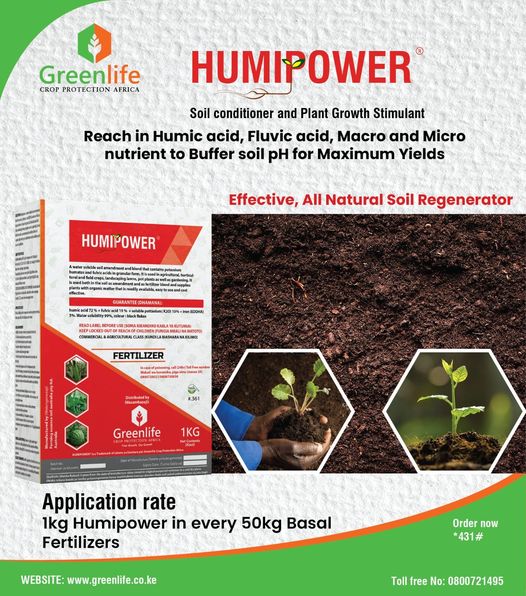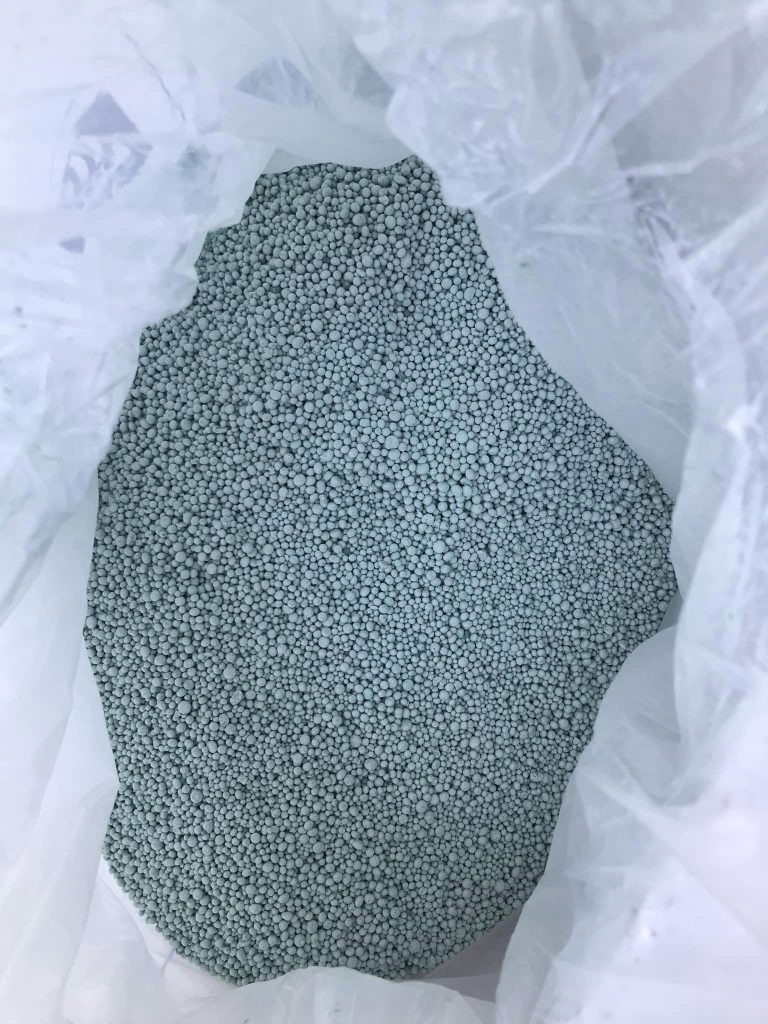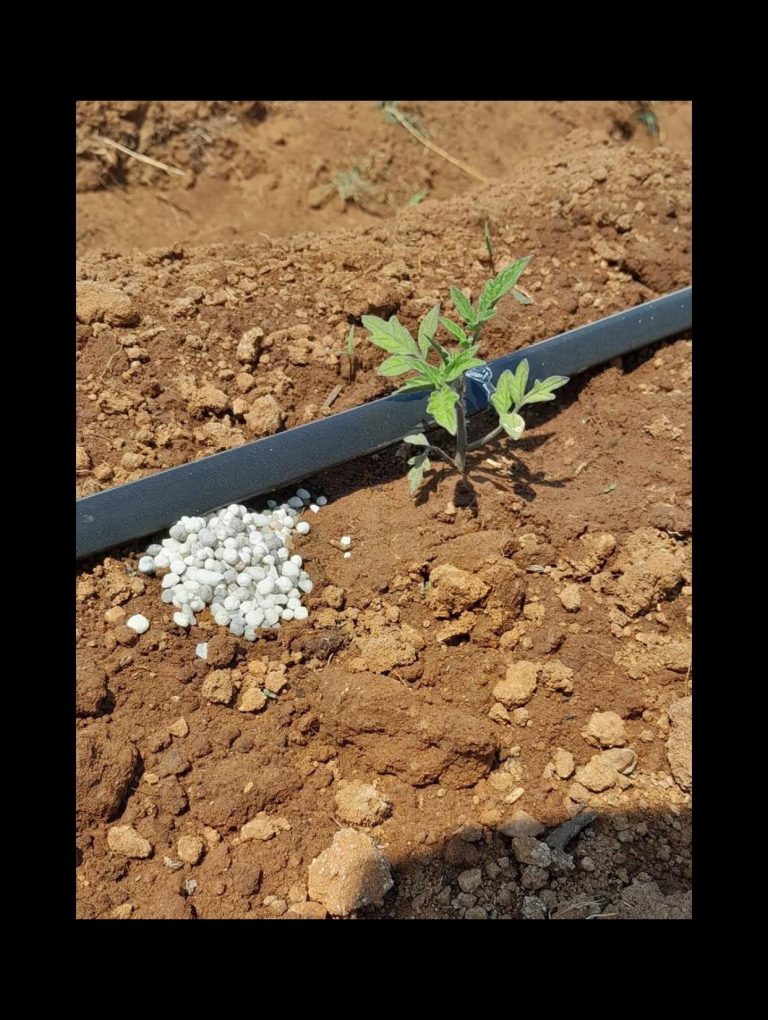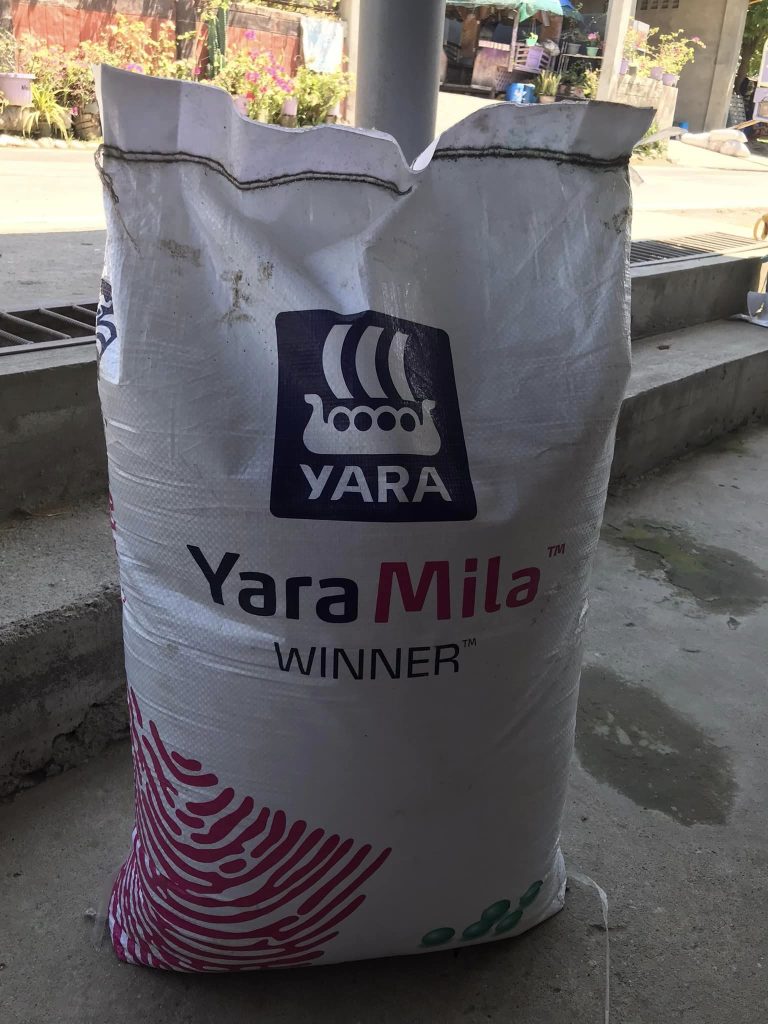Seaweed Fertilizer Vs NPK Fertilizer
Seaweed fertilizer, rich in nutrients and growth hormones, benefits soil health and plant resilience organically. In contrast, NPK fertilizer, containing concentrated nitrogen, phosphorus, and potassium, promotes vigorous growth but poses environmental risks like nutrient runoff and soil degradation.
Seaweed fertilizer enriches soil health and enhances plant resilience with organic nutrients and growth hormones, while NPK fertilizer ensures robust growth and productivity through concentrated macronutrients, albeit with potential environmental concerns.
When choosing between seaweed fertilizer and NPK fertilizer, consider your plant’s specific needs and environmental impact.
Comparing Seaweed Fertilizer Vs NPK Fertilizer
The choice between seaweed fertilizer and NPK fertilizer can significantly influence the health and productivity of your plants.
Both have unique advantages and disadvantages, making them suitable for different gardening needs and conditions.
This article will provide an in-depth comparison of seaweed fertilizer and NPK fertilizer, helping you make an informed decision for your gardening or farming practices.
What is Seaweed Fertilizer?
Seaweed fertilizer, derived from various types of marine algae, is an organic solution renowned for its broad range of benefits. Rich in essential nutrients, trace elements, and plant growth hormones, seaweed fertilizer promotes healthy plant development and enhances soil structure.
It’s available in various forms, including liquid extracts, powders, and granular products, making it versatile and easy to apply.
Benefits of Seaweed Fertilizer
Nutrient-Rich Composition
Seaweed fertilizer is packed with essential nutrients such as nitrogen, potassium, phosphorus, and a variety of trace elements like magnesium, zinc, and iron. These nutrients are readily absorbed by plants, promoting robust growth and development.
Growth Hormones and Bio-Stimulants
Seaweed contains natural growth hormones like auxins, cytokinins, and gibberellins, which stimulate plant growth, enhance root development, and improve flowering and fruiting. These bio-stimulants help plants resist stress and recover more quickly from damage.
Soil Health Improvement
Seaweed fertilizer improves soil structure by enhancing microbial activity and increasing the organic matter content. This leads to better soil aeration, water retention, and nutrient availability, fostering a healthier root environment.
Environmental Sustainability
Being an organic product, seaweed fertilizer is environmentally friendly. It reduces the need for chemical fertilizers, minimizes the risk of nutrient runoff, and supports sustainable agricultural practices.
Drawbacks of Seaweed Fertilizer
Nutrient Variability
The nutrient content in seaweed fertilizer can vary depending on the type of seaweed and processing methods. This inconsistency can make it challenging to provide precise nutrient management.
Lower Nutrient Concentration
Compared to synthetic fertilizers, seaweed fertilizer generally has lower concentrations of primary nutrients. This might require more frequent applications or supplemental fertilization to meet the full nutritional needs of plants.
Cost and Availability
Seaweed fertilizers can be more expensive than traditional NPK fertilizers, and availability might be limited in some regions. This can make it less accessible for large-scale agricultural operations.
What is NPK Fertilizer?
NPK fertilizer is a synthetic fertilizer that provides plants with the three primary macronutrients: nitrogen (N), phosphorus (P), and potassium (K).
These nutrients are essential for various plant processes, including growth, root development, and overall health. NPK fertilizers are widely used in agriculture and gardening due to their effectiveness and ease of use.
Benefits of NPK Fertilizer
Balanced Nutrient Supply
NPK fertilizers are formulated to provide a balanced supply of the three primary nutrients, ensuring that plants receive adequate nutrition for optimal growth and productivity.
High Nutrient Concentration
Synthetic NPK fertilizers typically have higher nutrient concentrations than organic alternatives. This allows for more efficient nutrient delivery and can reduce the frequency of applications needed.
Predictable Results
Due to their consistent formulation, NPK fertilizers offer predictable and reliable results. This consistency makes them ideal for meeting the specific nutritional requirements of different crops and growing conditions.
Cost-Effective
NPK fertilizers are generally more affordable than organic fertilizers, making them accessible for both small-scale gardeners and large agricultural enterprises. Their widespread availability also ensures that they can be easily sourced when needed.
Drawbacks of NPK Fertilizer
Environmental Concerns
The use of synthetic NPK fertilizers can lead to environmental issues such as nutrient runoff, water pollution, and soil degradation. Over-reliance on these fertilizers can harm beneficial soil microorganisms and reduce soil fertility over time.
Lack of Micronutrients
While NPK fertilizers provide the essential macronutrients, they often lack the necessary micronutrients and trace elements required for overall plant health. This can necessitate additional fertilization to address nutrient deficiencies.
Risk of Over-Fertilization
Misapplication or overuse of NPK fertilizers can result in nutrient imbalances, toxicity, and plant damage. Proper application rates and timing are crucial to avoid these issues and ensure healthy plant growth.
Comparative Analysis: Seaweed Fertilizer vs NPK Fertilizer
Nutrient Content and Availability
Seaweed fertilizer offers a broader range of nutrients, including trace elements and growth hormones, promoting overall plant health and stress resilience. NPK fertilizers provide higher concentrations of the primary macronutrients, ensuring robust growth and productivity. The choice between the two depends on the specific nutritional needs of your plants and soil conditions.
Environmental Impact
Seaweed fertilizer is an eco-friendly option that supports sustainable farming practices. It enhances soil health and reduces the risk of environmental damage. In contrast, NPK fertilizers can contribute to soil and water pollution if not managed properly. Consider the long-term environmental impact when choosing your fertilizer.
Application and Cost
NPK fertilizers are more cost-effective and provide predictable results, making them suitable for large-scale operations.
Seaweed fertilizers, though potentially more expensive and variable in nutrient content, offer additional benefits like improved soil health and plant resilience. Weigh the cost against the potential long-term benefits when making your decision.
Overall Plant Health
Seaweed fertilizer improves soil structure, promotes microbial activity, and enhances plant resilience to stress. NPK fertilizers focus on providing the essential nutrients needed for growth and yield. A combination of both might be beneficial, using seaweed fertilizer to improve soil health and NPK fertilizers to meet specific nutrient requirements.
FAQs
What is the main difference between seaweed fertilizer and NPK fertilizer?
Seaweed fertilizer is an organic product rich in a wide range of nutrients and growth hormones, promoting overall plant health and soil improvement. NPK fertilizer is a synthetic product that provides high concentrations of the primary macronutrients: nitrogen, phosphorus, and potassium.
Can I use both seaweed fertilizer and NPK fertilizer together?
Yes, using both can be beneficial. Seaweed fertilizer can improve soil health and provide trace elements and growth hormones, while NPK fertilizer can ensure that plants receive adequate macronutrients for growth and productivity.
Which fertilizer is better for organic farming? S
eaweed fertilizer is more suitable for organic farming due to its natural composition and environmental benefits. It supports sustainable agricultural practices and enhances soil health without the risk of chemical residues.
Is seaweed fertilizer cost-effective for large-scale farming?
While seaweed fertilizer can be more expensive than NPK fertilizer, its long-term benefits for soil health and plant resilience can outweigh the initial cost. It is essential to evaluate the overall impact on productivity and sustainability.
How often should I apply seaweed fertilizer?
The frequency of application depends on the type of seaweed fertilizer and the specific needs of your plants. Generally, it can be applied every 2-4 weeks during the growing season. Follow the manufacturer’s recommendations for best results.
Can NPK fertilizer harm my plants?
Overuse or improper application of NPK fertilizer can lead to nutrient imbalances, toxicity, and plant damage. It is crucial to follow the recommended application rates and timing to avoid these issues and ensure healthy plant growth.
Conclusion
Choosing between seaweed fertilizer and NPK fertilizer depends on your specific gardening needs, environmental considerations, and budget.
Seaweed fertilizer offers a holistic approach to plant and soil health, promoting sustainable practices and enhancing resilience.
NPK fertilizer provides a targeted and cost-effective solution for ensuring optimal growth and productivity. By understanding the strengths and limitations of each, you can make an informed decision that best supports the health and productivity of your plants.
